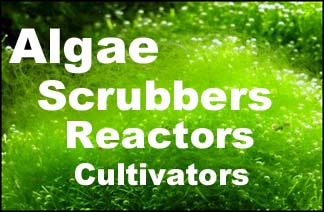Sorry, just pointing out that skimming does not just remove food, anymore than harvesting half a kilo of algae a week. The anti skimming standpoint (not from you btw) is akin to the anti scrubbing view. Most of the available food (DOCs) has been consumed before it gets skimmed out, hence exported through a different mechanism.



 Reply With Quote
Reply With Quote

